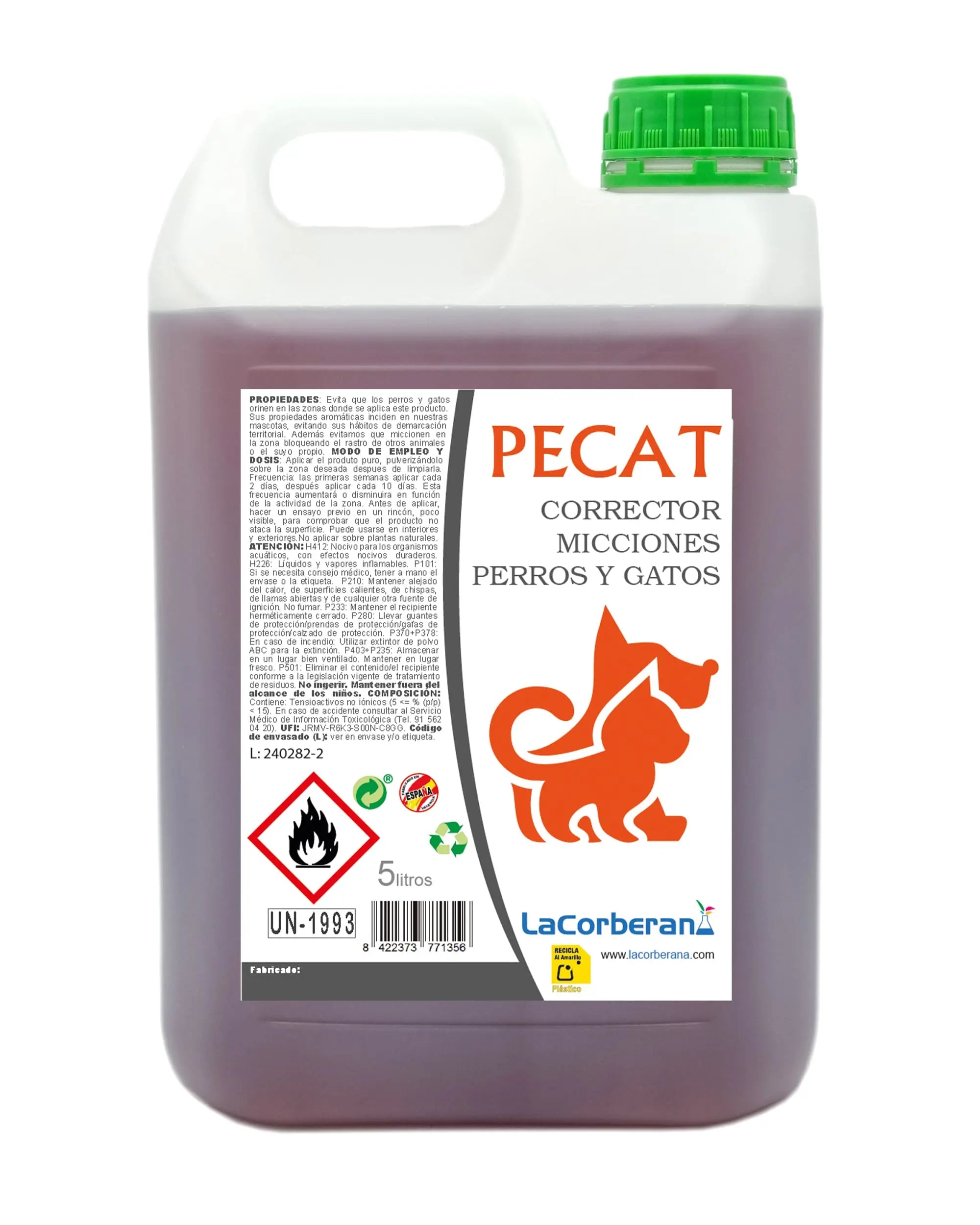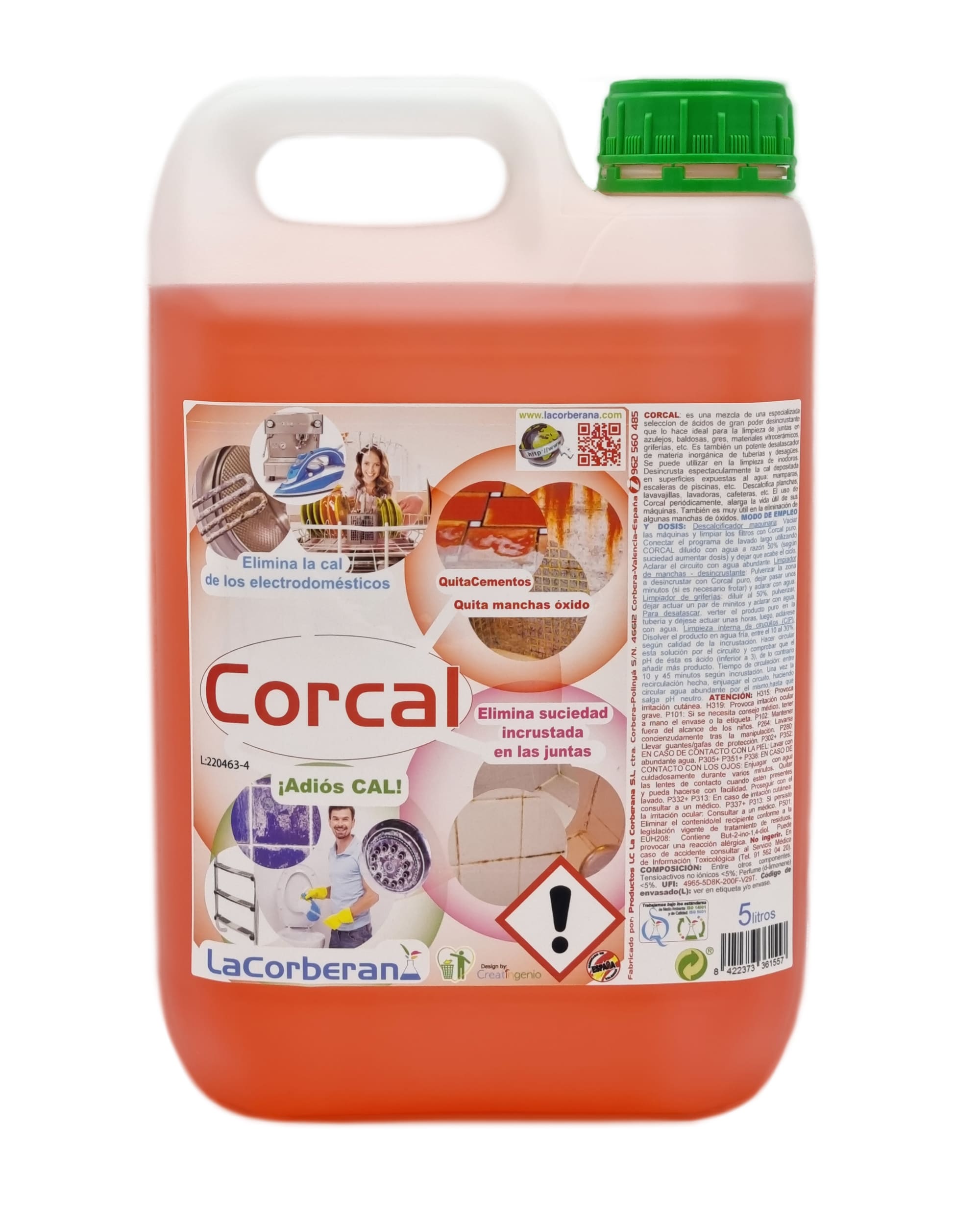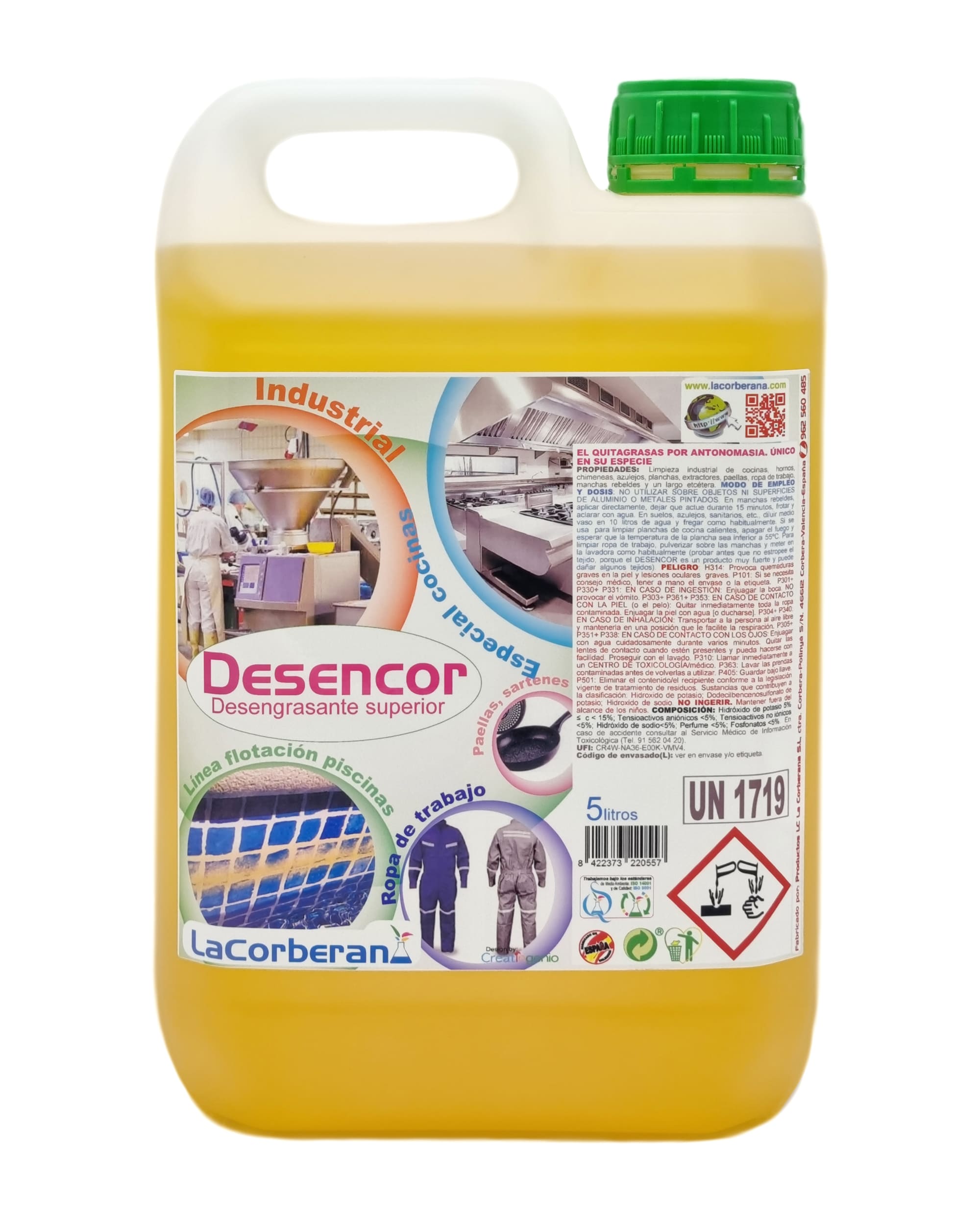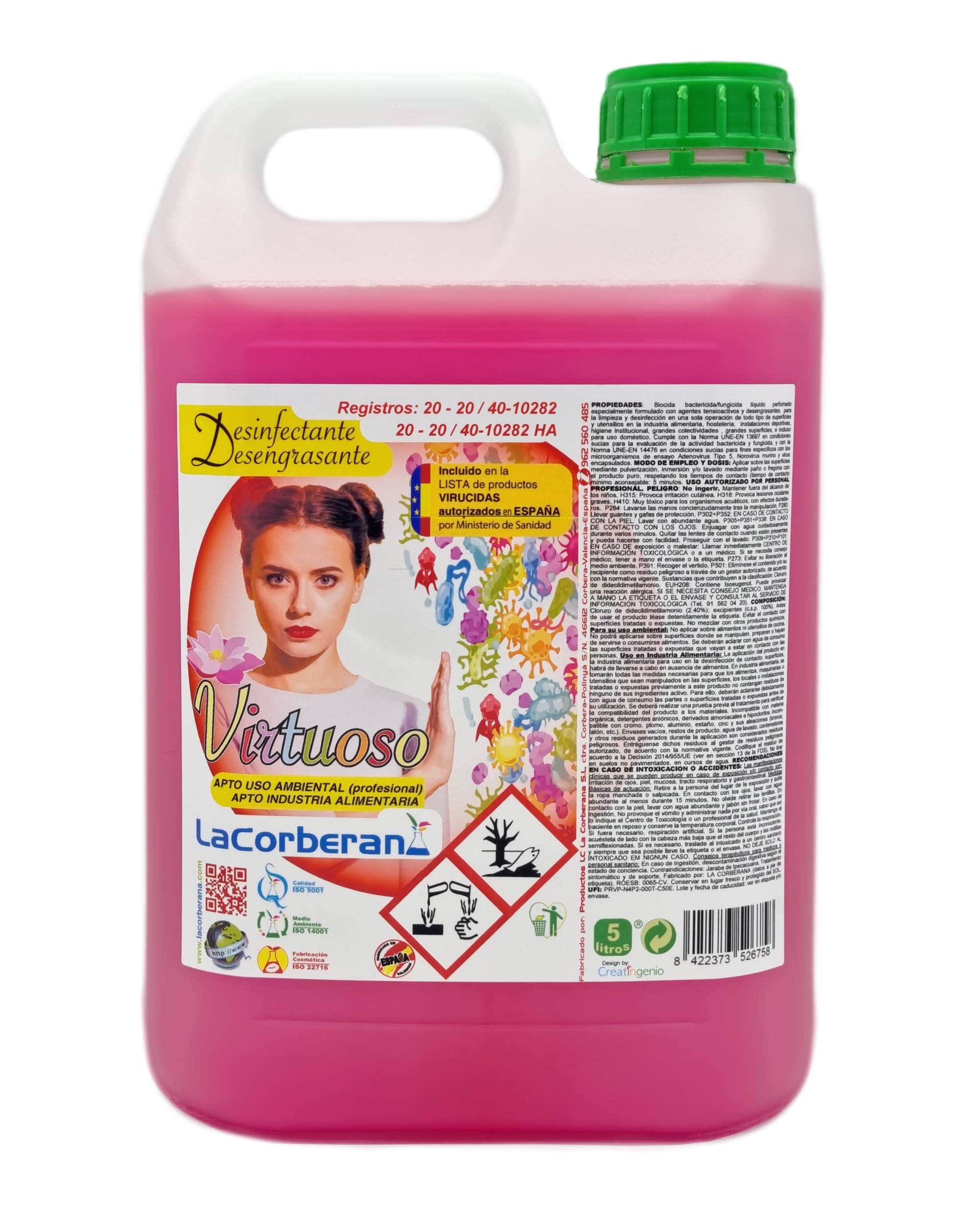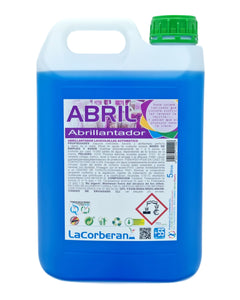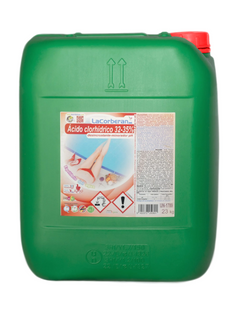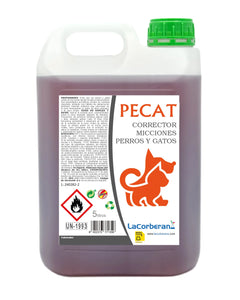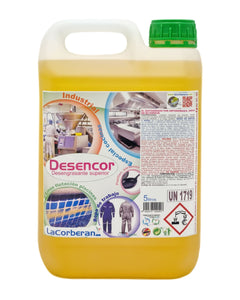In the dynamic world of industrial production, it is essential to ensure the quality and safety of products. To achieve this, the following guidelines have been established: GMP or BPF regulations (Good Manufacturing Practices), which are standards that must be complied with in different sectors, such as the cosmetic, pharmaceutical and food industries, among others.
In this article, we will explore What are GMP or BPF standards , their general requirements and why it is crucial to take them into account when choosing a manufacturing supplier.
What are GMP or GMP regulations?
The GMP regulations (Good Manufacturing Practices) or BPF (Good Manufacturing Practices) are a set of guidelines and regulations that establish quality and safety standards in production of different products.
These standards are primarily intended to ensure that products are consistent in terms of quality, efficacy and safety for consumers.
General requirements of GMP standards
The GMP standards They include a series of fundamental requirements that must be met throughout the manufacturing process. Some of these general requirements are:
Staff
To ensure proper production, it is essential to have highly trained personnel with the appropriate qualifications and experience to perform their duties in the manufacturing process.
Some of the most important staff-related demands include:
- Definition and recording of tasks : All persons involved in the manufacturing process must have their tasks defined and recorded in a procedure, avoiding gaps in the application of appropriate manufacturing standards.
- Hygiene Programs : Manufacturing companies must establish detailed hygiene programs tailored to their facilities and manufacturing processes.
- Continuing training : It is essential for companies to keep their staff trained through a continuous training plan that allows them to adapt to new needs that may arise in the different manufacturing processes.
- Independence of quality control : Those responsible for quality control must be dedicated exclusively to this function and be independent of other persons responsible for different areas in order to correctly perform their functions in verifying product quality.
- Handling rules : Staff must be familiar with and comply with a wide variety of rules related to the handling of food, chemicals, etc. These rules include the use of appropriate clothing according to the process, the prohibition of eating, drinking, smoking or chewing in manufacturing areas, avoiding direct contact between hands and the product, and the correct use of hand washing and drying systems, among others.
Facilities and equipment
Equipment used in the manufacturing process must be qualified and calibrated to function correctly. In addition, all processes and procedures carried out in manufacturing, including receipt of goods, storage and distribution, must be validated and adequately documented.
Some general requirements related to facilities and equipment are:
- Adequate resources and infrastructure : Manufacturing companies must have the necessary resources and infrastructure to carry out proper manufacturing of products.
- Location of facilities : Facilities must be located in an appropriate environment according to the manufacturing process, minimizing contamination risks. In addition, strict and periodic safety measures must be implemented. cleaning and hygiene to maintain the facilities in proper condition.
- Prevention of external agents : The premises or facilities used must be designed in such a way as to prevent the entry of external agents such as animals, insects or dust.
- Adequate workspace : The proper use of the workspace should prevent risks such as cross-contamination, confusion between different processes or incorrect execution of procedures. Restricted areas should also be established where unauthorized personnel cannot access, preventing storage, production or quality control areas from becoming common passage areas.
- Preservation of raw materials and packaging : It is essential to establish clear measures for the conservation of raw materials and the proper use of containers and packaging, both in their use and conservation as well as in their storage, since they are an important part of the production process.

Production, distribution and storage
Manufacturing processes must follow clearly defined procedures and comply with good manufacturing standards to ensure product quality.
Some general requirements in this area are:
- Qualified personnel : Production must be carried out and controlled by highly qualified and competent personnel.
- Strict compliance with protocols : All product or raw material handling processes must strictly adhere to documented protocols.
- Proper labelling and storage : Containers and packaging must be treated according to protocols and must be appropriately labelled to avoid confusion about their contents. Furthermore, all raw materials, products and packaging must be stored correctly under conditions that favour their preservation.
- Traceability control : Throughout the manufacturing, distribution and storage process, products, raw materials and packaging must be properly labelled to avoid confusion. This labelling must be permanent, preventing the contents from fading or blurring. In addition, the condition of the containers and packaging must be inspected during the receipt or delivery of materials or products, correctly recording these inspections to control the traceability of the product.
Documentation
Maintaining proper documentation of all processes is essential to maintaining good manufacturing practices. Companies must keep detailed records of all procedures performed during manufacturing and have documentation detailing each of the procedures carried out.
Some considerations regarding documentation are:
- Clear and specific records : In addition to recording operations and sales planning processes, these records should be written in clear and unambiguous language, and should be specifically applicable to the resources and means of production available in the company.
- Records during the process : Records must be kept during the manufacturing process, either manually or by electronic means. This will demonstrate that all defined procedures and processes have been carried out efficiently and reliably, and that the quality and quantity of the products obtained comply with the established requirements. Any significant variation must be documented and an investigation process opened to determine its origin or cause.
- Maintaining accessible records : Records relating to the manufacture and distribution of products, which allow for complete traceability of a batch, must be kept complete and accessible for consultation. Good documentation is essential for the quality and safety assurance system, and is key to compliance with the requirements of GMP standards.
Quality controls
Quality control must be involved in all decisions affecting product quality during the manufacturing process. It is essential that quality control is independent of production.
Some considerations regarding quality controls are:
- Product Recall : Companies must have clear procedures regarding the recall of any product, whether during the manufacturing, distribution or sales stage.
- Complaints management : Complaints received about products must be studied to take appropriate measures and prevent defects from recurring.
- Function of the quality control department : The quality control department is responsible for verifying compliance with good manufacturing standards within the company. Its job is to guarantee the quality of the products and ensure compliance with the established standards.
It is essential that all these general requirements are met in the manufacturing process to guarantee the quality, safety and efficacy of the products produced and to comply with good manufacturing practice standards.
Good Manufacturing Practices in the Cosmetics Sector
In the cosmetics sector, GMP standards ensure that products are safe and comply with legal and regulatory requirements. Some of the most important requirements for this sector include:
- Ingredients and formulation : The ingredients used must be safe for their intended use and specific guidelines for the formulation of cosmetic products must be followed. This includes verifying the purity of ingredients and using safe concentrations.
- Labelling and packaging : Cosmetic products must be properly labelled with clear and precise information about their content, instructions for use and possible precautions. In addition, packaging must be safe and protect the products from contamination and deterioration.
Why you should consider this when choosing a cosmetics supplier
When choosing a supplier of cosmetic products, it is essential to consider whether they comply with GMP standards. By selecting a supplier that complies with these regulations, the quality and safety of the products purchased is guaranteed. This implies a reduction in risks, greater confidence in the products and compliance with current legal regulations.
In short, the GMP or BPF regulations are essential to ensure the quality, efficacy and safety of cosmetic products . By complying with these standards, manufacturers demonstrate their commitment to excellence and customer satisfaction.
By choosing a supplier that complies with GMP regulations, you are guaranteed a solid and reliable collaboration that contributes to the success and growth of your business.
Discover some of our cosmetic products: such as Scented Shower Gels and Odorless Shower Gels


La Corberana, manufacturer of cosmetic products accredited with ISO 22716 for Good Manufacturing Practices.
In La Corberana , we are a leading cosmetic products manufacturer and cleaning, committed to quality and excellence in our production. We are proud to have the accreditation ISO 22716 Good Manufacturing Practices , which demonstrates our commitment to the safety, quality and effectiveness of our products.
The ISO 22716 standard is an international recognition that certifies that we meet the most demanding standards in the manufacture of cosmetic products. This involves rigorous control at each stage of our process, from the selection of quality raw materials to final packaging. Our highly trained team is dedicated exclusively to quality control and is committed to continuous improvement and innovation.
The ISO 22716 accreditation reflects our commitment to customer satisfaction and our concern for offering safe and reliable products. By choosing our products, our customers have the guarantee that they are purchasing cosmetics made under the highest quality standards.
CONTACT US
